For those who consider themselves traditional liberals (full disclosure: such as me) Sunday’s first episode of Simon Schama’s History of Now may have felt like a somewhat dismaying exercise in nostalgia. As Schama ran through a familiar anthology of 20th-century liberalism’s greatest hits, we were taken back to a happier, more recognisable world of clearly demarcated goodies and baddies where democracy would inevitably mean the triumph of our own beliefs and there was little that couldn’t be fixed by art ‘speaking truth to power’.
The programme’s starting point, as you might imagine, was the Spanish Civil War, described by Schama as a ‘great battle between democracy and autocracy’ – rather than, say, two autocracies. In this case, the truth-speaking art was Picasso’s ‘Guernica’, which Schama movingly analysed without mentioning the awkward fact that the power it spoke truth to took no notice. Instead, the painting now became the archetype for other art that shaped the post-war liberal commitment to the individual, from Orwell’s Nineteen Eighty-Four to Pasternak’s Doctor Zhivago.
Discussing Orwell, Schama juxtaposed Oceania’s Two Minute Hate sessions with rallies of Trump supporters chanting ‘Lock her up!’, because both demonstrate ‘the glee of hatred’. Most of the time, though, he concentrated on Eastern Europe, with particular reference to Czechoslovakia where, as a visiting student in 1965, he sensed the ‘angry fatigue’ with communism that inspired the Prague Spring three years later.
His stirring account of what followed – the Russian invasion, Havel’s heroics, the 1989 Velvet Revolution – saw the programme at its best. But this was perhaps not surprising, given how neatly these events fitted Schama’s desired paradigm. Here, unmistakably, was a ‘regime of lies’ losing out to ‘people who just wanted to get their own lives back’. And to prove it, we met a wizened survivor from the dissident rock band the Plastic People of the Universe – once imprisoned under the communists ‘for playing the saxophone’ and now seen in a bar with a packet of fags, explaining the importance of ‘a morning beer’.
Where the programme seemed on less solid ground was in its more abstract declarations. We heard, for example, that ‘freedom of expression is the foundation of humanity’. But what if that expression takes a form that Schama doesn’t like – as in Hungary whose democratically elected leader Viktor Orban got his usual liberal kicking? Or even in that clip of the Trump rally where we were obviously being invited to indulge in a spot of gleeful hatred ourselves?
The answer, when it finally came, will have been unexpectedly familiar to Catholic viewers. Nothing, said Schama in conclusion, ‘is more important for the fate of humanity than the free exercise of the informed imagination’ (verbal italics, Schama’s own). According to Catholic doctrine, when it comes to moral choices, we should rely on our conscience, even over Church teaching. There is, however, a cunning qualification: our conscience must be ‘informed’ – which is to say informed by Church teaching. In other words, you’re free to think for yourself, but only if you do so in the correct and approved manner. The annoyingly intractable paradox of liberalism, of course, is that it takes much the same line: something that Schama didn’t appear to notice on Sunday but that he ended up fully embodying.
Avenue 5 – back for a second series on Wednesday – is a comedy drama created by Armando Iannucci (The Thick of It, Veep) and starring Hugh Laurie. So why hasn’t it made more of a splash? After all, the premise is pretty good too: a cruise spaceship taking a group of passengers for a luxury trip around Saturn is thrown off course, delaying the scheduled return to Earth from eight weeks to eight years. (Feel free to insert your own Avanti West Coast gag here.) Not only that, but the captain (Laurie) has no idea how to pilot the ship, having been hired merely as a reassuring figurehead while the real pilot Joe does all the work. Or at least he did until he died at the start of series one. So what happens now?
The trouble with Avenue 5 is that this always seems a question directed as much at the show as at the crew and passengers. As ever in Iannucci’s work, the dialogue is crammed with great one-liners. Yet, unlike in The Thick of It, these feel as if they, too, exist in a space-like vacuum, untethered to the characters speaking them.
The same sense of randomness also applies to the plot – or, more accurately, to the many subplots that come and go as if being tried out and (understandably) discarded. Odder still for a series in which people are facing imminent death, there never seems to be anything really at stake. The result is a comedy where drifting aimlessly is both the subject and the modus operandi.
The post A dismaying exercise in nostalgia: Simon Schama’s History of Now reviewed appeared first on The Spectator.
Got something to add? Join the discussion and comment below.
Get 10 issues for just $10
Subscribe to The Spectator Australia today for the next 10 magazine issues, plus full online access, for just $10.
You might disagree with half of it, but you’ll enjoy reading all of it. Try your first month for free, then just $2 a week for the remainder of your first year.

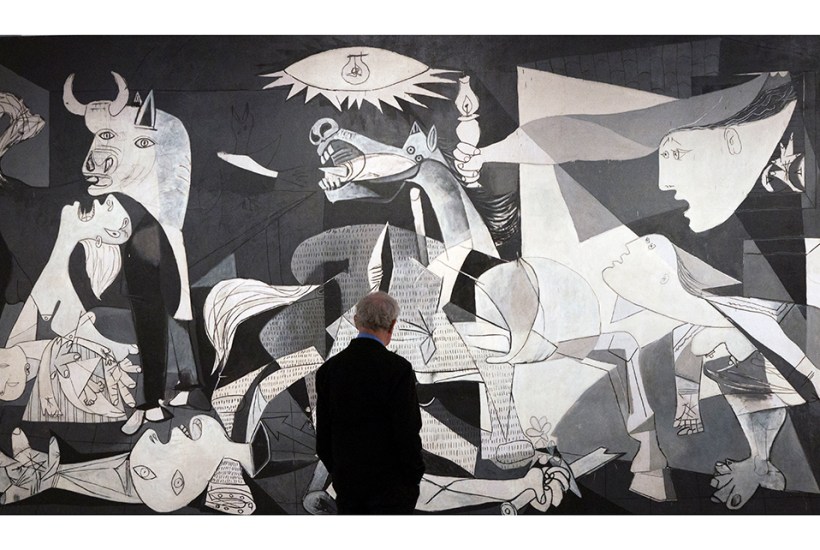
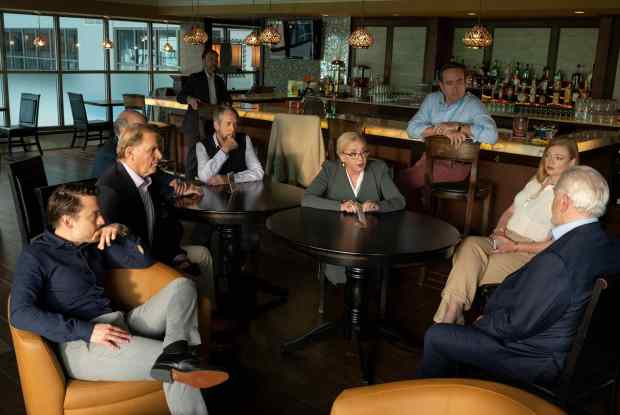
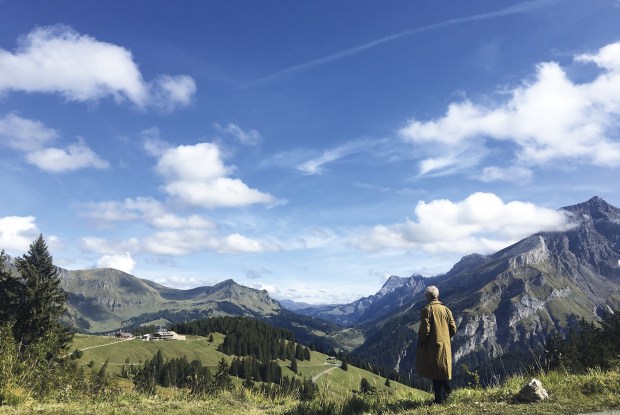
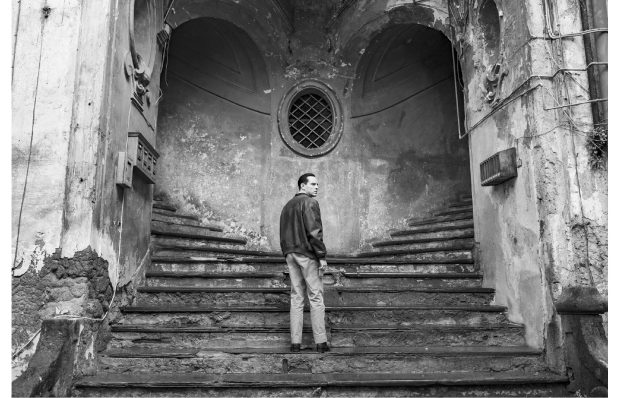

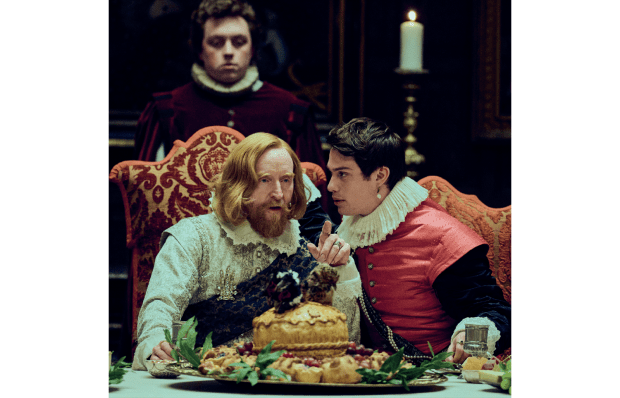
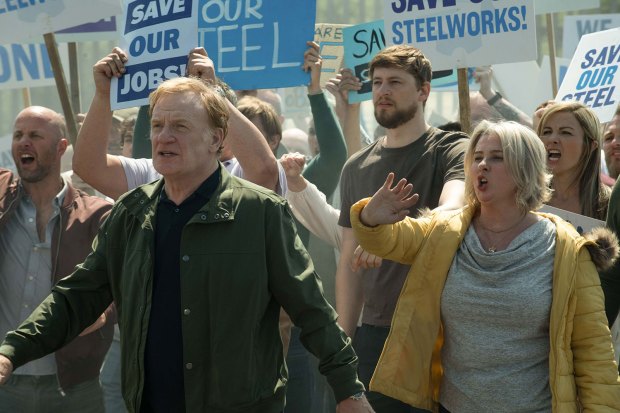






Comments
Don't miss out
Join the conversation with other Spectator Australia readers. Subscribe to leave a comment.
SUBSCRIBEAlready a subscriber? Log in